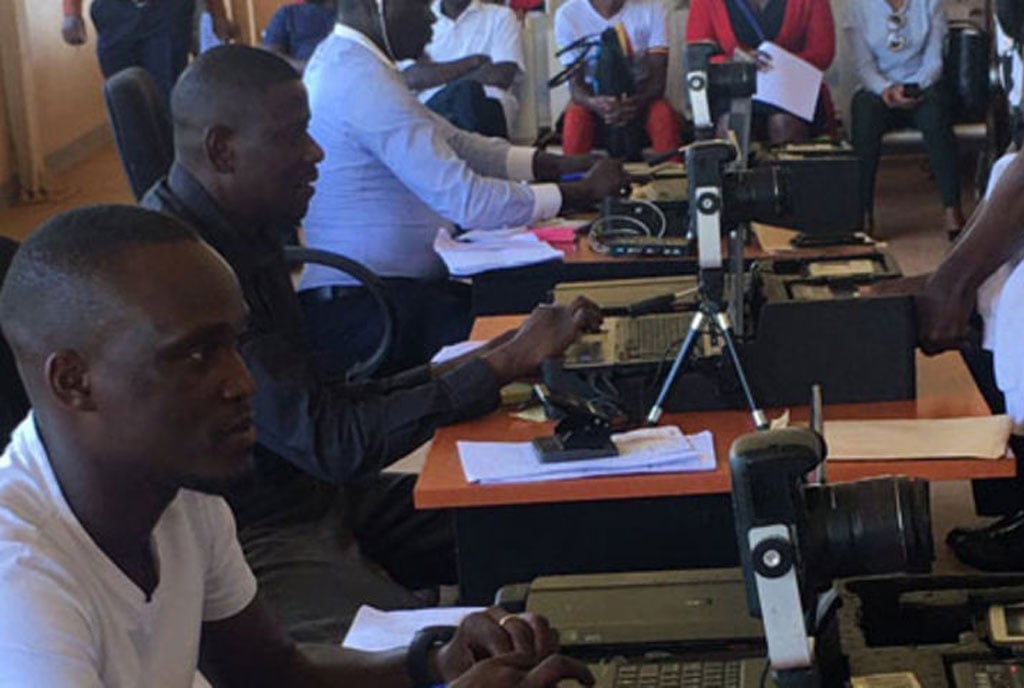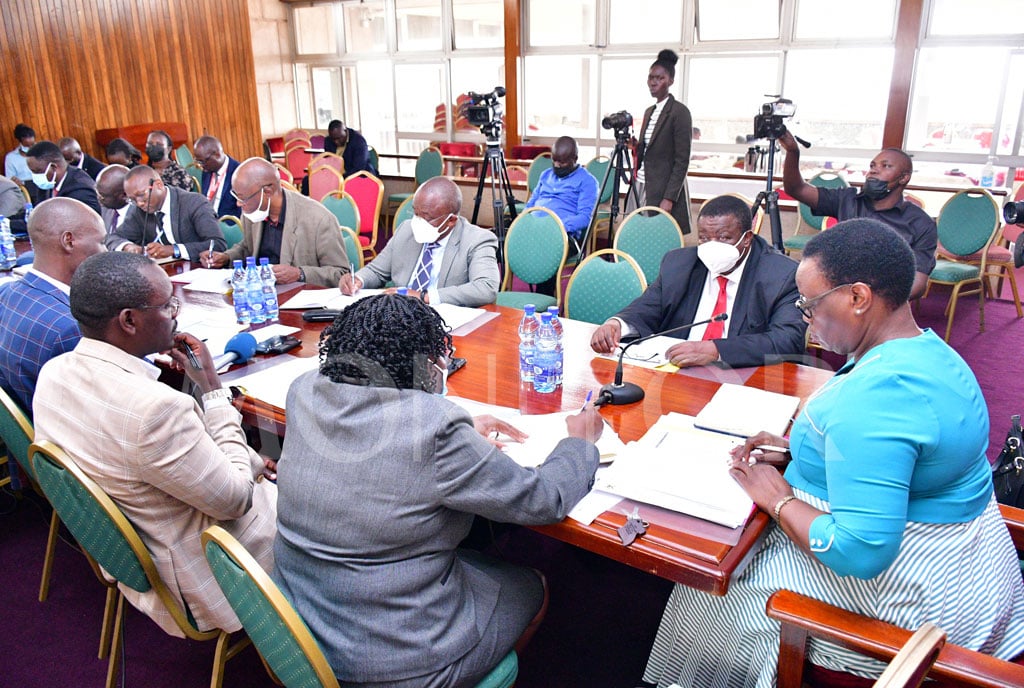National ID card mess a damning indictment

Nira staff collects data from Ugandans for ID registration in December 2019. PHOTO/NIRA
What you need to know:
The issue:
National IDs
Our view:
We join the authors of the minority report in questioning why the top brass of the parliamentary committee on Defence and Internal Affairs is congenitally hostile to an overhaul of a creaking system
Mühlbauer High Tech International’s divisive pitch to a House committee over custodianship of processing data and printing identity (ID) cards for Ugandan nationals has prised the lid of a Pandora’s box. The German firm was greenlit by the vast majority of lawmakers on the parliamentary committee on Defence and Internal Affairs. This was after Mühlbauer facilitated the lawmakers’ trip to Germany ostensibly on a fact-finding mission.
Ms Rosemary Nyakikongoro—the committee chair—told the House that Mühlbauer is an old hand in the business that can whittle down costs the government of Uganda will incur in overhauling the current infrastructure. A minority report, however, thought it wise to alert the Sheema District Woman lawmaker to the fact that she overstepped the bounds by taking on procurement duties. Mühlbauer set up Uganda’s National Security Information System (NSIS) nearly a decade ago, with the taxpayer picking up a €64.231 million tab. The NSIS has since made news for all the wrong reasons, with the Auditor General directing attention to several “glaring issues” in the financial report for 2021/2022.
The 2021/2022 audit also red-flagged the Mobile Vital Records as well as the Birth Death Adoption and Registration systems, saying their deficiencies left Uganda stuck in a time warp.
Taken together, the outdated infrastructures leave the national register with a soft underbelly. Last year, a frighteningly smart group of black hats left Airtel Mobile Commerce Uganda (AMCUL) staring at a Shs7.6 billion blackhole. The highly ambitious hackers used fake ID cards to acquire Airtel SIM cards that were used to mount a sophisticated attack.
It is quite evident that papering over the cracks of our NSIS cannot pass for a time-honoured panacea. The cracks in question are mortally deep. Our national IDs—the first batch of which come up for renewal early next year—have security features that set the bar low. While admitting to their laughable safeguards, the Internal Affairs ministry last May announced a national roll-out of electronic IDs that integrate biometrics like iris recognition and DNA. The unalloyed facts around our NSIS are highly evocative of something obsolete that could do with more than just the coat of paint Ms Nyakikongoro is championing. We join the authors of the minority report in questioning why the top brass of the parliamentary committee on Defence and Internal Affairs is congenitally hostile to an overhaul of a creaking system.
The nature of the committee’s trip to Germany should also come into focus. Above all, the question of where the standoff leaves the country—with barely months left before a mass registration and ID card renewal exercise takes centre-stage—remains outstanding. While the idea of giving national ID cards a shelf life was eyebrow-raising, with hindsight, an under par final product that is susceptible to manipulation means a renewal exercise comes not as a shock but as a troubling inevitability.




